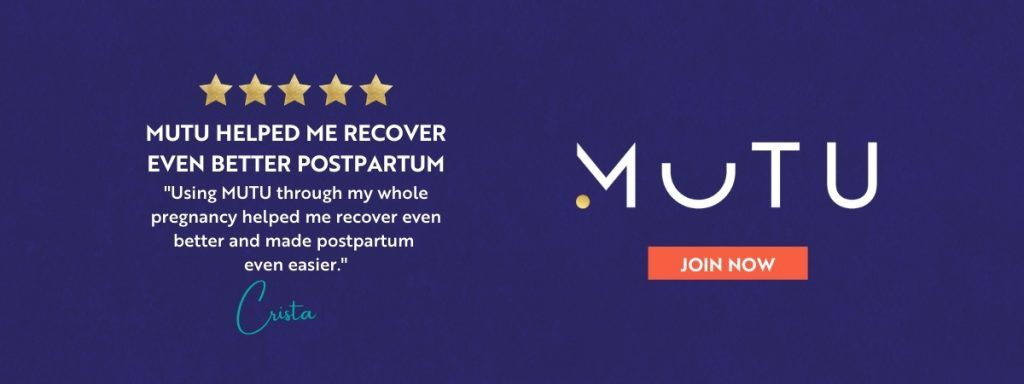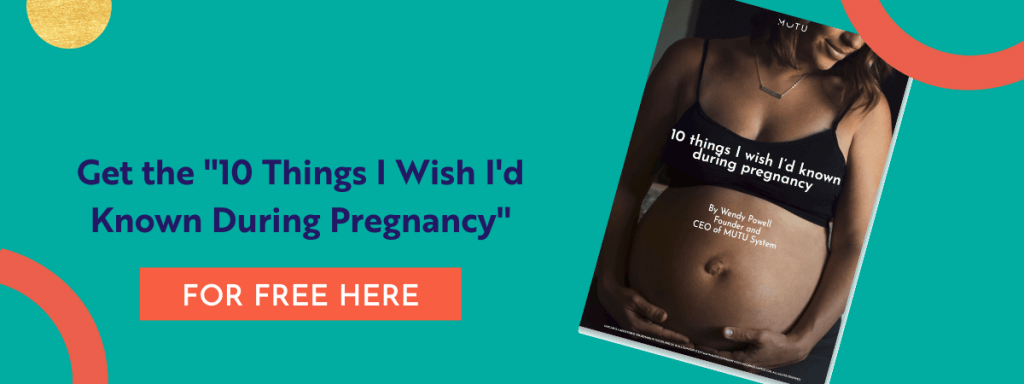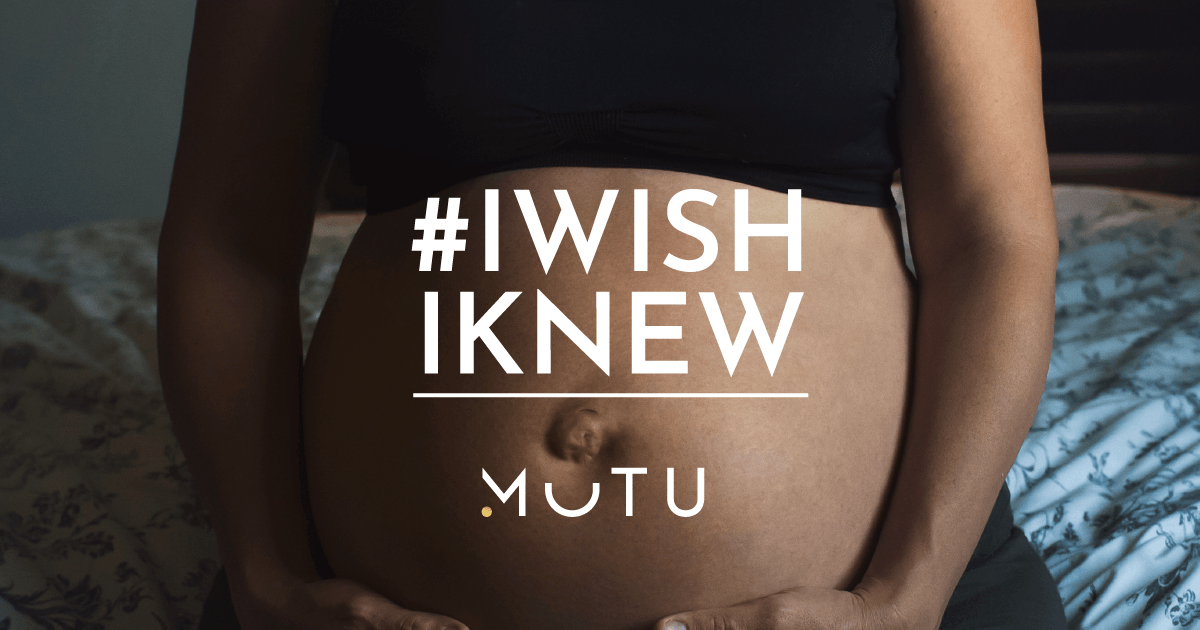Your pregnancy diet needs to follow just a few rules to keep you and your baby healthy and safe. Read on for what to eat in pregnancy and what you should avoid!
Pregnancy Diet: Food to Avoid
Pate and soft or blue cheeses such as brie, camembert, stilton, boursin and soft goats or sheep’s cheeses can be infected with listeria, as can soft whip ice creams and unpasteurised milk (parmesan and gruyere are also unpasteurised but the risk is so minor they’re ok).
Instead go for hard pasteurised cheeses such as cheddar or, goat cheddar or cottage cheese.
Raw eggs and poultry can harbour salmonella – make sure both are cooked thoroughly (solid yolk in eggs) and don’t buy pre-cooked chicken or foods with raw eggs such as fresh mayonnaise or chocolate mousse. Homemade cakes may contain raw eggs in the icing. Avoid dips that may have been made using raw eggs (mayonnaise-based).

Poultry should be thoroughly cooked and ideally organic to avoid the hormones and steroids (and it’ll taste better!). Limit or cut out sausages and bacon due to high salt content and additives / nitrites (but no particular pregnancy-related dangers), and stuffing is fine – try to avoid over-processed shop bought varieties though.
Liver is often warned against in pregnancy due to its high vitamin A content. However you do need vitamin A, just not too much – so limit to once a week and make sure its organic, as non organic will be contaminated with growth hormones, antibiotics and steroids (as the liver is where all these nasties are stored). If you eat liver when pregnant, make sure your supplements (which you should be taking!) don’t have any retinol (animal source vitamin A), but only beta-carotene (the vegetable source). Avoid cod liver oil as this has very high levels of retinol.
Avoid raw meats. Some countries advise also avoiding cured meats, such as Parma ham or salami. The main concerns with these are listeriosis and toxoplasmosis – both of which are rare in the UK. Listeriosis is very rare as it only affects one pregnancy in every 25,000 and toxoplasmosis is estimated to affect one in 500 pregnancies per year, so the risks to you and your baby are very low. Toxoplasmosis is an illness caused by a parasite sometimes found in raw meat or cured meats… it’s only a problem if contracted for the first time (many of us unknowingly have immunity) during the first trimester.
Are Peanuts safe to eat in pregnancy? You only need to avoid peanuts in your pregnancy diet if you have a family history of allergy, eczema or asthma.
Go For: Other nuts – almonds, walnuts, brazils, etc are all great sources of essential fats and minerals. Avoid packets of salted or dry roasted though!
What About Seafood such as prawns and smoked salmon?
Smoked salmon – again a fear of listeria, but the risk is negligible. Most fish and shellfish are safe foods to eat in pregnancy, provided that they are fresh and properly cooked.
Some types of sushi (IE the cooked kind!) are fine to eat when pregnant. Raw shellfish or sushi can cause serious food poisoning due to parasites such as tapeworms, which, if they grow large enough, could rob your body of nutrients needed for your growing baby. Freezing and cooking kills the parasites (many Japanese restaurants use pre-frozen fish for this reason – check if you’re eating out).
Avoid shark, swordfish and marlin (due to mercury levels) and limit tuna to once a week.

Pregnancy diet: What’s good to eat!
All fruit and veg are fine to eat in pregnancy – choose organic wherever possible to avoid pesticides, and eat as local and fresh and raw as possible – air-miles, storing, chopping and cooking all reduce nutrients.
Basically keep your pregnancy diet as ‘clean’ fresh and additive / pesticide free as possible! (Actually this applies whether you’re pregnant or not ;))
All fruits contain essential vitamins, minerals and fibre. Limit dried fruit and fruit juices due to high sugar content though, and because they may make you feel nauseous.
Pregnancy Diet Tips
Citrus fruit may make nausea or morning sickness worse – avoid if you’re feeling delicate.
For early pregnancy or if you’re still experiencing nausea or morning sickness… a big roast dinner may turn your stomach! Stick to small portions – and some fresh air will help – don’t stay indoors around all the cooking smells.
In later pregnancy, where heartburn may be a problem, avoid big meals, rich, fatty foods, spicy dishes, chocolate and citrus fruit. Try to avoid smokers (assuming you’re not smoking yourself; and if you are – stop!).
Drinks: Enjoy a cold ginger beer or tonic water with lime as refreshing, nausea-busting party alternatives. Enjoy plenty of water, very diluted fruit juices or herbal teas.
Alcohol during pregnancy: honestly? There is no safe limit… sorry! I won’t claim to have been a complete martyr on this one myself even, but the fact is that any amount of alcohol (or caffeine for that matter) does cross the placenta and affect your baby…
Decaffeinated coffee can actually be even more toxic due to the chemicals used to remove the caffeine, but you could look out for organic coffee decaffeinated using the ‘Swiss water process’ – Taylors coffee uses this method.
Eat well, stay healthy and enjoy your pregnancy… it’ll be over all too soon!
When you need a reminder that taking care of YOURSELF during pregnancy is needed, just read THIS.









